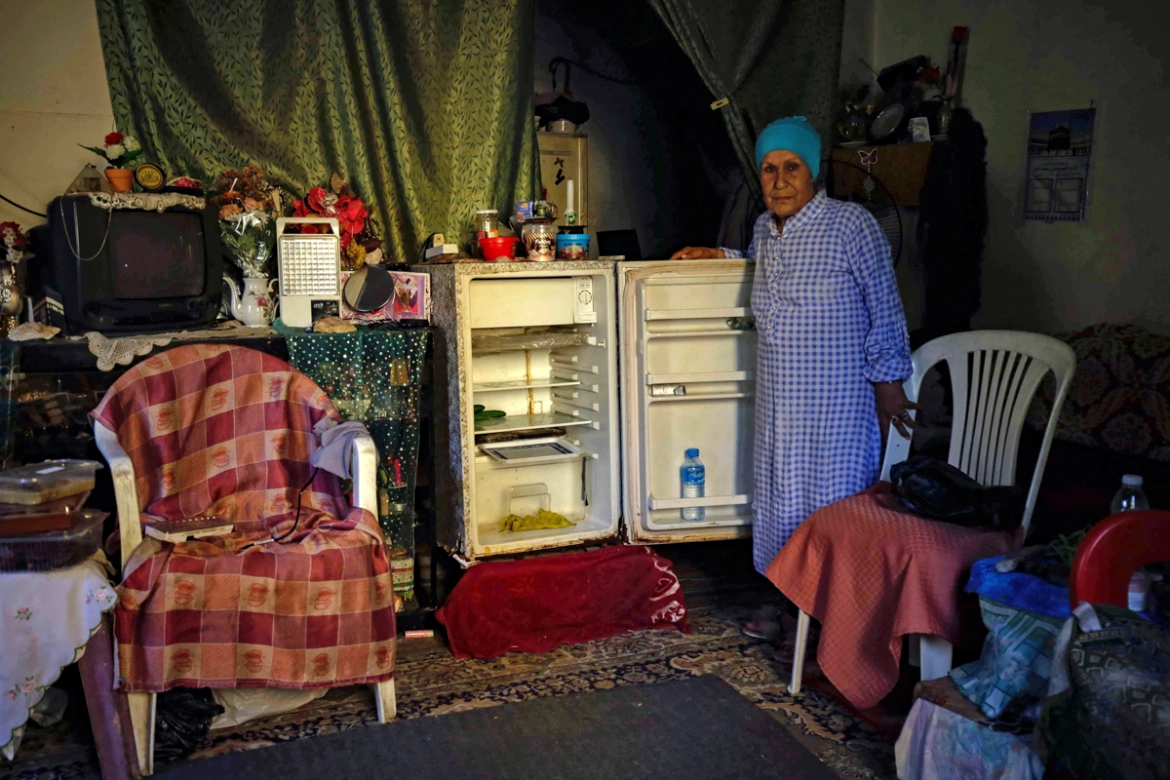The UN Economic and Social Commission for Western Asia has said around three out of every four persons in Lebanon are living in poverty.
The ESCWA, said this in its recent report titled Multidimensional Poverty in Lebanon: Painful Reality and Uncertain Prospects.
It explained: “Between June 2019 and June 2021, the inflation rate in Lebanon amounted to 281 percent.”
What might have contributed to that is the fact that the Lebanese pound lost 90 percent of its value against the dollar in that same period of time.
The commission went on the explain the result of these developments: “As a result, the poverty line increased, which led to a rise in income poverty from 25 percent of the population in 2019, to 55 percent in 2020, and almost 74 percent in 2021.”
It also said around 1 million households in Lebanon are currently in poverty, of which 400,000 households are in extreme poverty.
The report looked beyond the traditional definitions of poverty, which were rooted in finances, and added dimensions to that condition, like lack of access to basic amenities.
This meant that if it was calling a household poor, it was evaluating the condition of that household through the indicators of multidimensional poverty.
The commission explained its methodology thus: “A household deprived of electricity, for example, is classified as deprived in this indicator, and possibly multidimensionally poor, regardless of its financial capacity to subscribe to a private generator.”
It added: “The same classification applies to households that are unable to obtain medicines, irrespective of their financial ability to purchase them.”
And then the commission dropped a bigger number bomb based on the indicators of multidimensional poverty: “When measuring deprivation in Lebanon using this concept, the multidimensional poverty rate in 2021, according to the most recent household data sources, is 82 percent.”
This meant that around five out of every six households in the country show one or more indicators of multidimensional poverty.
Shortages in Lebanon have already caused much grief, recently reaching a point where families were each month spending five times the minimum wage for food alone.
The situation has since evolved to one where millers in the country have said they could soon be forced to stop breadmaking operations due to lack of fuel.
Thar same fuel shortage has seen Unicef issue a warning that around 4 million people in the country could lose access to water as pumping stations stop functioning.








